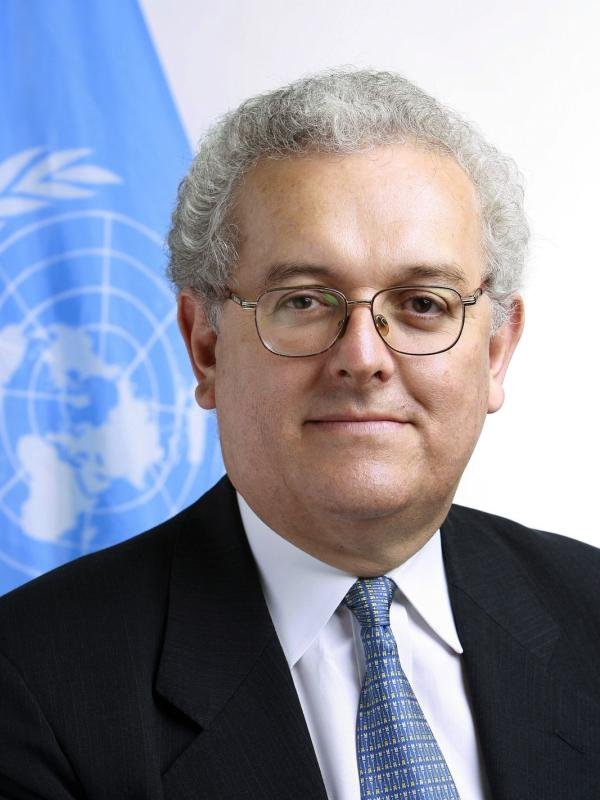IPD’s Industrial Policy theme encompasses multiple projects aimed at generating knowledge on institutional frameworks that support the design and implementation of industrial policy in Africa, Asia, Latin America, and the United States. This includes exploring global and regional governance mechanisms that facilitate effective and equitable industrial policy. IPD defines industrial policy as a government policy that targets the transformation of the structure of the economy in pursuit of some public goal—without which would not be achieved in the decentralized market solution.
In the 1990s, development policy advocated by international financial institutions was influenced by Washington Consensus thinking. This strategy, based largely on liberalization, privatization, and price-stability,
 José Antonio Ocampo
José Antonio Ocampo Deepak Lamba Nieves
Deepak Lamba Nieves Joseph Stiglitz
Joseph Stiglitz